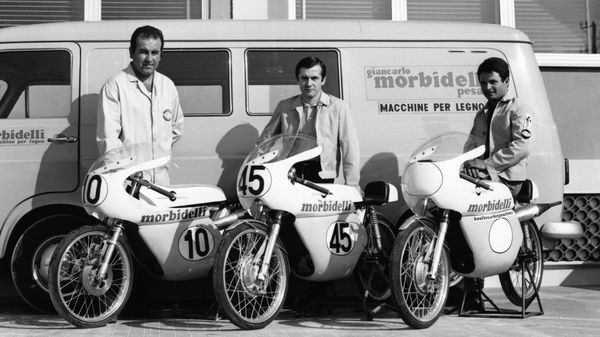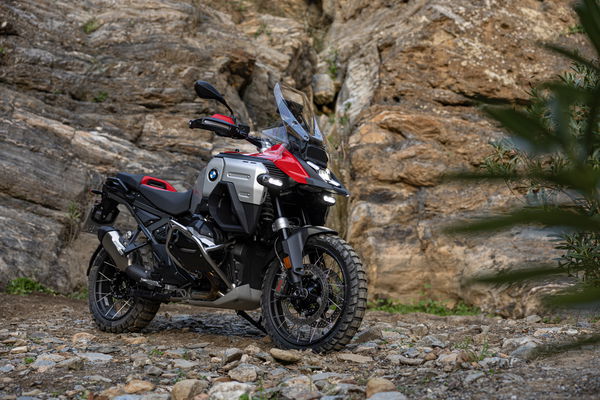Electric Bikes Are Vital for Europe’s Transport Future, Industry Claims
The European motorcycle industry has announced support for a push towards increasing the sustainability of urban transport
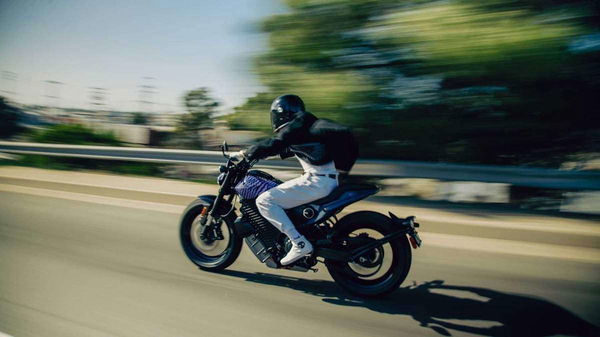
The Connecting Europe Days event at the beginning of April saw politicians meet with European industrial representatives and transport stakeholders, among others. The European Association of Motorcycle Manufacturers (ACEM) was present to represent motorcycling for the continent, arguing the value of motorcycles, or power two-wheelers (PTW), in the kind of sustainable, connected transport network the EU imagines in its future.
“The use of powered two-wheelers stands as the perfect solution to complement the new regulatory framework with powertrain technologies tailored to different use cases,” ACEM said after the event.
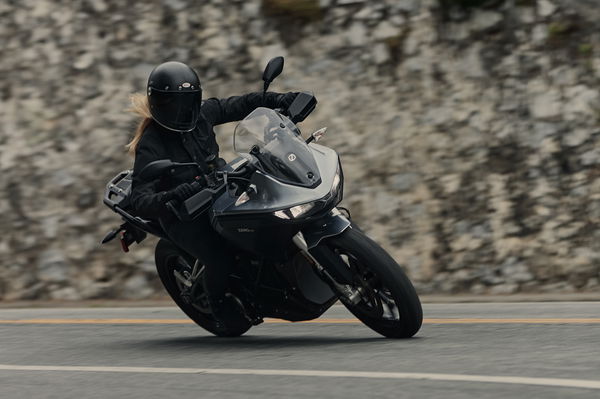
The regulatory framework ACEM mentions is specifically TEN-T, which is effectively a trans-European road, railway, and air travel network planned to connect the whole continent via one transport network. ACEM says that TEN-T offers opportunities for powered two-wheelers because of the importance it will place on urban transport.
ACEM proposes that the small space used by a motorcycle in comparison to a car, for example, as well as the versatility of a powered two-wheeler (PTW), which ACEM says “can facilitate commuting, limit the use of public spaces and offer flexibility to users.”
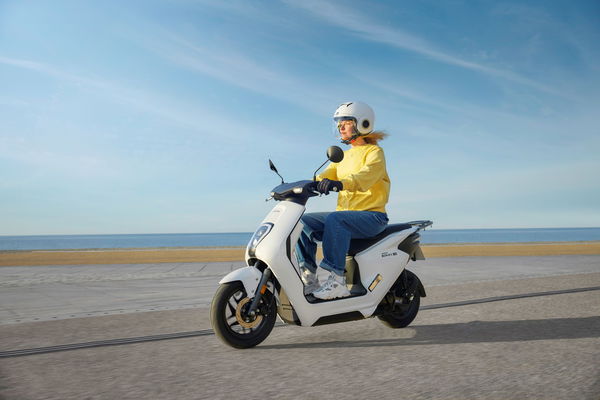
An emphasis here is placed on electric PTWs. Typically, contemporary electric bikes are built with practical commuting in mind, only really brands like Energica and LiveWire are building electrics for use outside of the city. The limited range typically offered by electric bikes which are affordable for normal people lends them specifically to urban transport. The limitation here is battery life, and as a solution ACEM notes swappable batteries, for which there is a dedicated consortium in Europe of which all the major Japanese manufacturers are a part.
“Once the technical specifications and the future standards are ready, tests will start in different cities,” ACEM says of swappable batteries, which are already a part of the transport network in Taiwan thanks to the island’s native Gogoro brand, which has several of its battery swap GoStations located around Taiwan’s cities as well as in other Asian countries. Further, Gogoro’s network is becoming greener, thanks to an expanding use of clean energy, and Yamaha - a part of the European Swappable Batteries Motorcycle Consortium (SBMC) - is one of a number of manufacturers to have its own battery electrics able to be used in Gogoro’s swappable network.
ACEM urges that, in Europe, “To ensure a successful market deployment, all actors in urban mobility need to be on-board such as local authorities, private and public investors.” It also details that “Future swappable stations will be located in strategic areas throughout the city,” and these include residential, business and tourist areas.
Find all the latest motorcycle news on Visordown.
